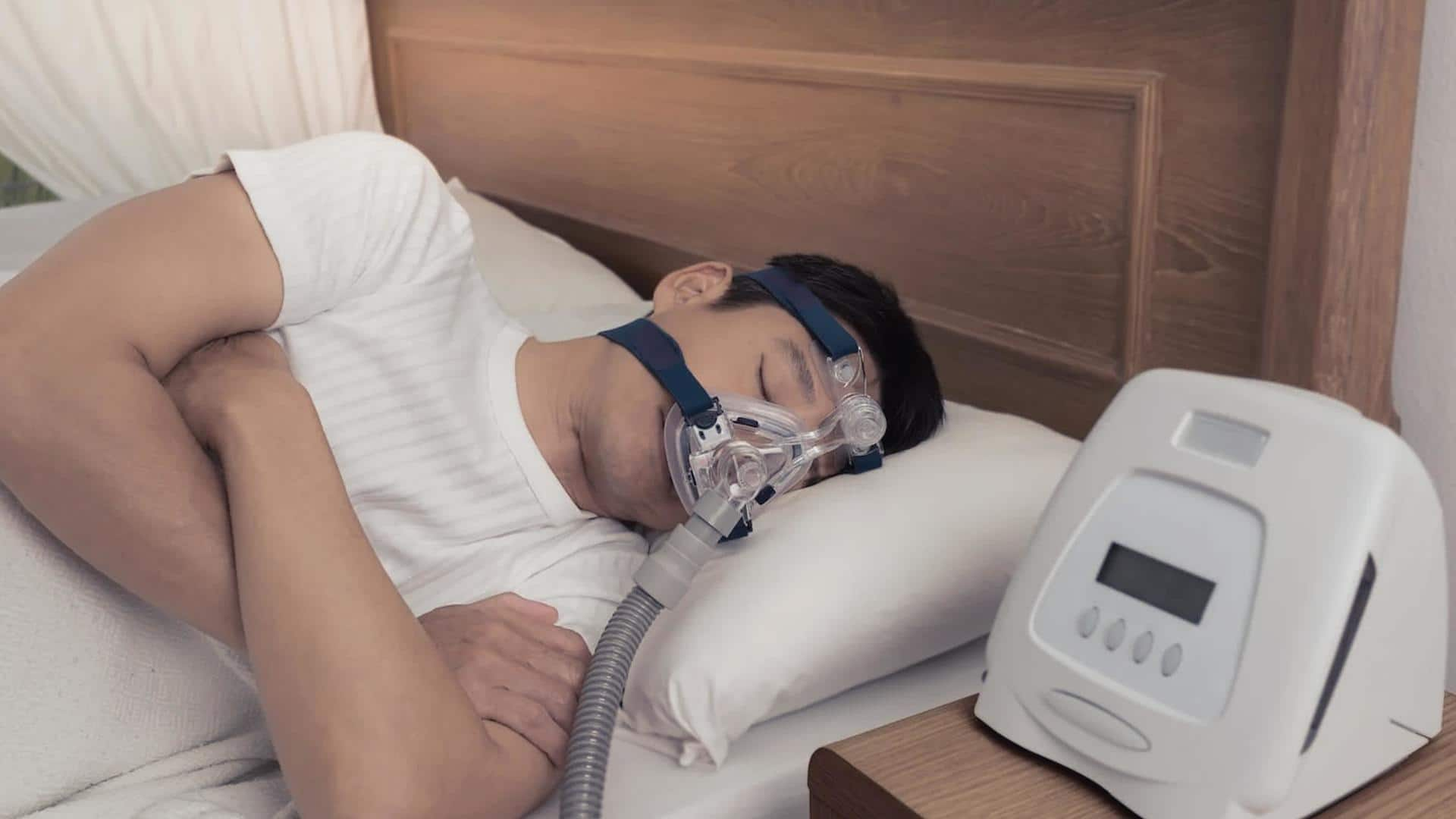
Here's everything you should know about sleep apnea
What's the story
From causes to treatments, let's get to know more about this disease. Sleep apnea is a potentially serious sleeping disorder that can aggravate ailments related to blood pressure and the heart. In this disorder, breathing stops repeatedly when one is asleep, causing one to snore loudly and experience excessive daytime fatigue. If untreated, it can lead to accidents, heart attack, stroke, diabetes, and hypertension.
Overview
Obstructive, central, and complex are three types of sleep apnea
There are three types of sleep apnea - obstructive, central, and complex. Obstructive causes a repetitive partial or complete blockage in the upper airway. On the other hand, in central sleep apnea, the airway isn't blocked but the brain fails to signal the muscles to breathe. Complex sleep apnea is when you have both obstructive and central at the same time.
Causes
Obesity, age, alcohol, and smoking are the most common factors
Medical professionals believe that sleep apnea is caused due to excessive weight, age, neck circumference, and a narrowed airway. Additionally, family history, use of alcohol, smoking, and nasal congestion have always been identified as common causes of this health condition. Factually, this disease happens more to men as research reveals that they are two to three times more prone than women.
Symptoms
One experiences loud snores, daytime fatigue, and restlessness
A patient with sleep apnea may not be able to spot their symptoms but their bed partners easily can. People with sleep apnea snore loudly, experience daytime sleepiness, and sudden awakening owing to gasping or choking, and restlessness during sleep. Additionally, many also experience night sweats, headaches, anxiety, depression, and insomnia. Moreover, patients may experience sexual dysfunction, and a frequent need to urinate.
Diagnosis
Sleep study and physical examination help determine sleep apnea
Medical professionals may take a look at your family history to examine the signs and symptoms. They may then perform a physical examination by taking a look at your lungs, heart, and neurological systems. A sleep study is conducted to keep a tab on the gaps when your breathing stops while you're asleep. It also checks blood oxygen levels, heart functioning, and brain activity.
CPAP
CPAP and lifestyle changes can help you overcome sleep apnea
Continuous positive airway pressure (CPAP) therapy uses a machine that sends air through a mask when you are sleeping. The air transmitted carries a higher pressure than the one outside, forcing your upper passageway to open up and inhale properly. Patients may also opt for an oral appliance if CPAP is uncomfortable. Lifestyle changes like losing weight and quitting smoking and alcohol can help.